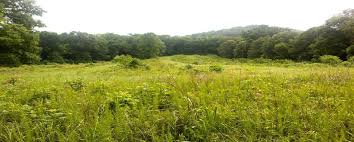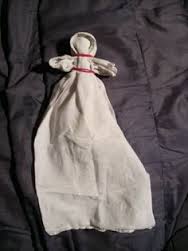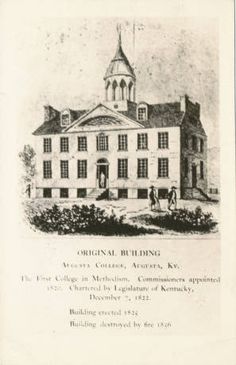Names of Families in Bracken County Wills, Estates
Bracken County was organized in 1796 from parts of Mason and Campbell Counties. Originally, the county extended to southern Nicholas County (north of the Ohio River and west of the Licking River). It has two creeks (named for William Bracken), the Big and Little Bracken. William Bracken was a surveyor by trade and visited the area in 1773. He was later killed by Indians during the Northwest Indian War. The first county seat was Augusta, Kentucky but was moved to Woodward Crossing (Brooksville).

Child in Esse
The 1850 census should reveal the name of the widow and all of her children. Then there is the court for orphans where bonds are given and guardians are appointed. Old newspapers (announcing births and deaths), cemetery plots containing infant graves, and so on must be carefully considered. One of the most interesting facets of researching in Virginia is that the wills, inventories, sales, and deeds are contained in one book. This is the best source for learning little tidbits of information that help to form the puzzle.

It is not uncommon for a wife to be expecting a child at the time that her husband writes his last will and testament, or dies intestate. To learn if this was the fact, one should look for the legal language of “in esse” in the will. It means “in existence”. Otherwise, a complete study of the probate records is indicated. If the person died intestate (without a will), then the letters of administration, annual returns, vouchers, receipts, sales, inventories, etc. should be closely examined for any activity which resembles the birth of another heir. This includes Inferior Court cases that might be on the books as well as Minutes of the Inferior Court. There are some census records that could help. Say, the husband died in 1841.
Bracken County Genealogy Records Available to Members
Images of Wills, Inventories, Estates, Book F, 1816 to 1821
Chamberson, Silas |Cunningham, J. |Hardesty, Benjamin |Kirkpatrick, Joseph |Parks, James |Patton, Margaret |Timmerman, Philip |Wallen, John
Miscellaneous Wills and Estates
- Black, James Sr.
- Bunts, Michael
- Hardwitch, James
- James, Samuel
- Lowe, Isaac
- Settles, Elizabeth
Augusta College, the First Methodist College in the World
Henry Bidleman Bascom was a distinguished Methodist preacher and orator who was born at Hancock, New York on May 27, 1796. When eighteen years of age he was licensed to preach by the Ohio Conference of the Methodist church. In those days, preachers traveled on horseback through a designated circuit of about 400 miles. That first year, Bascom received the measles of $12.10. Bascom was too florid for the Ohio brethren, and they caused him to be transferred to the Tennessee and Kentucky circuits. In this work, he won a wide reputation as a pulpit orator. In 1823 Henry Clay used his influence to have Bascom appointed as chaplain of the House of Representatives, but his long sermons did not please the members.
Later, in 1827, he was elected as the first president of Madison College in Uniontown, Pennsylvania, however, two years later he became an agent for the American Colonization Society. From 1831 to 1841 he was a professor of moral science and belles-lettres in Augusta College, Augusta, Kentucky, the first Methodist college

in the world. When the Methodist Church assumed control of Transylvania University in Lexington, Dr. Bascom was elected president of that institution in 1842. He revived the ancient seat of learning to a wonderful degree, becoming another Horace Holley, but the rebirth proved ephemeral. When President Bascom protested against the action of the General Conference of the Methodist church concerning slavery in 1844, and again at the Louisville conference of 1845, he took a most prominent part, winning for himself the title of “father of the Methodist Episcopal Church, South.” Dr. Bascom was editor of the Southern Methodist Review for several years; and in 1848 he resigned the presidency of Transylvania University, only to be elected a bishop in the branch of the Methodist church he had helped to establish. He was ordained as bishop in May of 1850, and almost immediately set out for Missouri, where he held his first and only conference. Upon his return to Kentucky, he was in very poor health and he died in Louisville on September 8, 1850. Source: Life of Henry Bidleman Bascom, D.D., LL.D., by M. M. Henkle (Nashville, Tennessee, 1856); The Transylvanian (Lexington, Kentucky, June 1910).